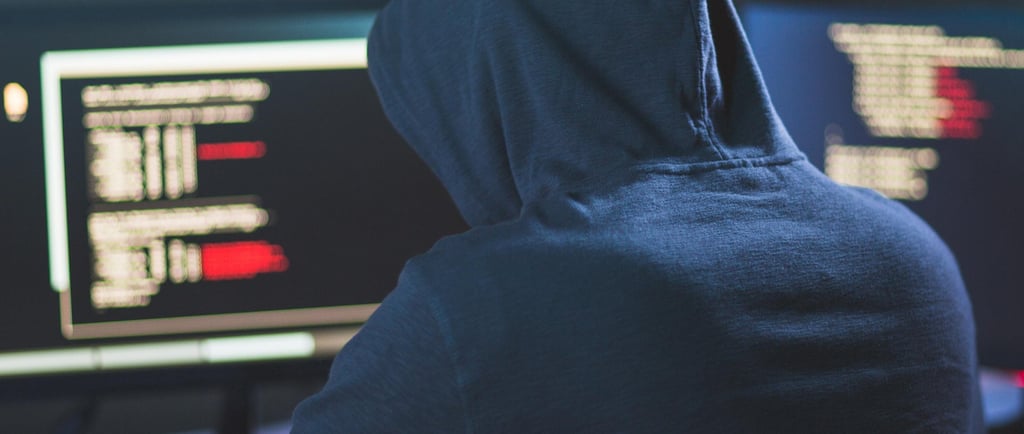Delhi High Court: Terrorists exploiting social media and journalistic credentials to incite violence are factors in sentencing.
The Delhi High Court emphasized that misuse of social media by terrorists and journalistic credentials to incite violence must be considered in sentencing terrorist cases. Addressing appeals by Hina Bashir Beigh and Sadiya Anwar Shaikh, convicted under UAPA, the Court acknowledged mitigating factors like their limited awareness but noted their involvement in anti-national activities, including publishing inflammatory content. Sentences were reduced to six years each, underscoring the need to balance mitigating and aggravating factors in such cases.
11/18/20241 min read


The Delhi High Court emphasized that misuse of social media by terrorists and the use of journalistic credentials to incite violence are critical factors to consider when determining sentences in terrorism-related cases.
A division bench, comprising Justice Prathiba M. Singh and Justice Amit Sharma, noted that courts must evaluate not just the crime but also its broader impact and the likelihood of the offender repeating such acts.
The Court observed that while encrypted platforms protect privacy and freedom of expression, their misuse by terrorists and banned organizations cannot be overlooked. It highlighted that cases involving deliberate actions, such as funding through bitcoins or using journalistic credentials to disseminate violence-inciting material, should be distinguished from those where individuals are unknowingly drawn into criminal activities.
These remarks were made during the appeals of Hina Bashir Beigh and Sadiya Anwar Shaikh, who sought reduced sentences under the Unlawful Activities (Prevention) Act (UAPA). The National Investigation Agency (NIA) accused the two of affiliations with the proscribed Islamic State Khorasan Province and anti-national activities, including the dissemination of the magazine Voice of Hind. Allegedly, the convicts used anonymous social media IDs to conceal their identities while engaging in these activities.
In May, an NIA court sentenced Beigh to eight years under Sections 38(2) and 39(2) of UAPA, and Shaikh to seven years under Sections 38 and 39 of UAPA. Both received simple imprisonment, and their sentences were to run concurrently.
While reviewing the sentences, the Court acknowledged the lack of specific sentencing guidelines in India for terrorism-related offenses but stated that courts must consider both aggravating and mitigating factors. The bench noted that although the convicts’ lack of full awareness of the main accused’s plans could be a mitigating factor, their roles in inciting violence during the CAA-NRC protests warranted serious consideration.
The Court reduced Beigh’s sentences from eight years to six years for each offense and Shaikh’s sentences from seven years to six years. No fines were imposed on either convict.
